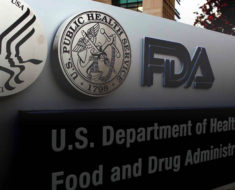
The global food supply is under attack by hackers. In the past year, there have been several high-profile cyberattacks on food companies and suppliers, resulting in the theft of millions of dollars worth of food and the disruption of supply chains.
Latest Attack on Food Supply Chain
The most recent attack occurred in March when hackers used ransomware to lock up the computer systems of a major food supplier in the United States. The attackers demanded a ransom of $2 million, but the company refused to pay and was forced to shut down its operations for several days. This disrupted the supply of fresh produce to grocery stores and restaurants.
In another attack, hackers breached the computer systems of a large food distributor in Australia and stole the personal information of tens of thousands of customers. The attackers then demanded a ransom from the company, but it is unknown if the ransom was paid.
These attacks are just the latest in a string of cyberattacks on the food industry. In 2017, hackers used malware to infect the point-of-sale systems of dozens of restaurants in the United States, resulting in customer credit card information theft. And in 2016, a group of hackers hijacked a shipment of pork destined for China and replaced it with fake meat.
Food Supply Becoming a Prime Target for Hackers
The food industry is a prime target for hackers because of the high value of food and the disruption caused by even a small amount of theft or contamination. Hackers can also exploit the fact that many food companies use outdated computer systems and lack adequate cybersecurity protections.
As the number of cyberattacks on food companies increases, it is becoming clear that the global food supply is vulnerable to attack. This is a severe problem that could have drastic consequences for the world’s population.
The food supply chain sector is not the only sector targeted by hackers. There have been several high-profile cyberattacks on banks, retailers, and other businesses in recent years. However, the food industry is particularly vulnerable to attack because of the essential nature of food. A disruption in food supply can have severe consequences for the people who rely on it.
Dil Bole Oberoi





